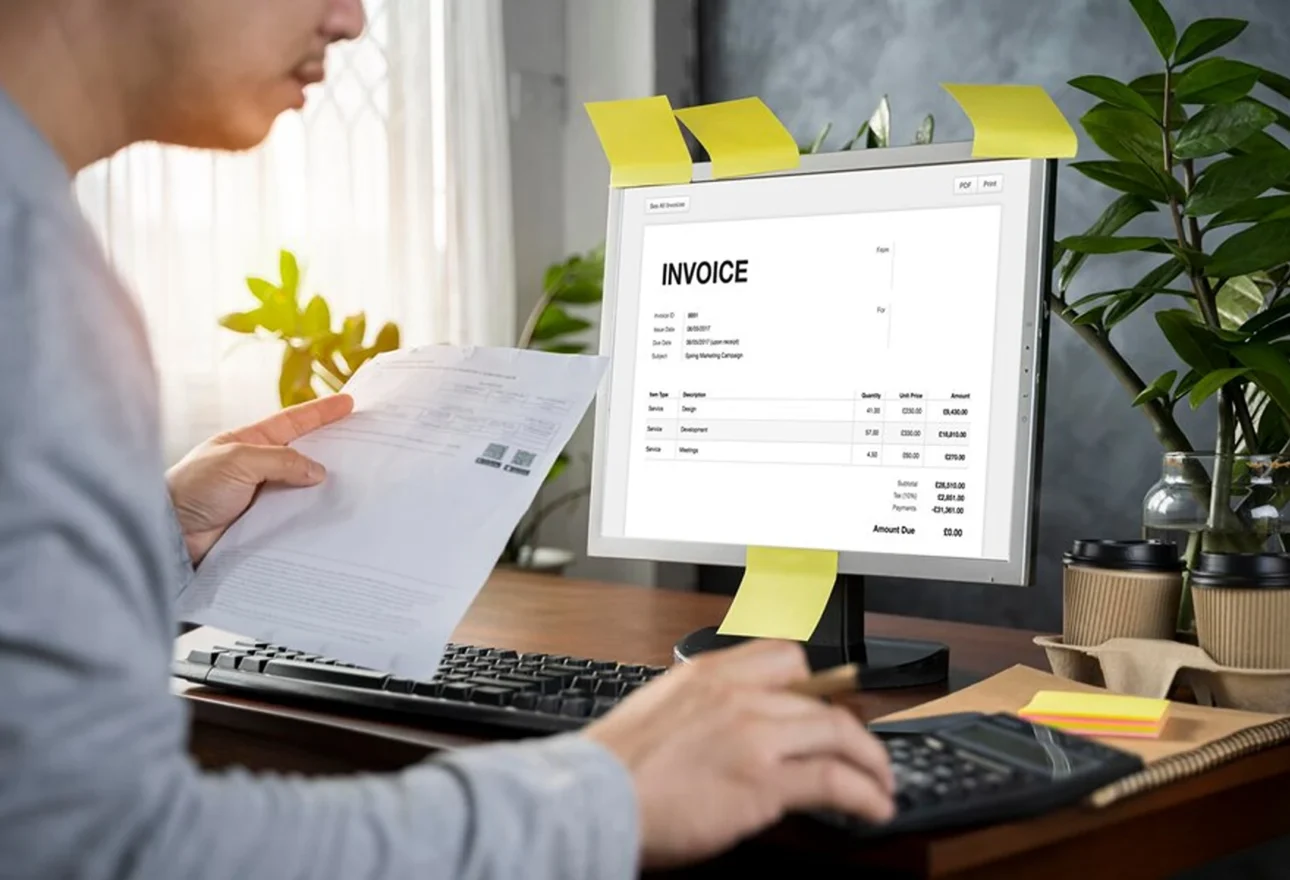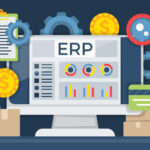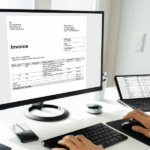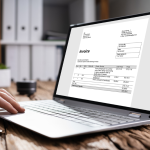Introduction
In Malaysia’s rapidly evolving business landscape, companies continuously seek ways to streamline operations and enhance efficiency. One significant advancement is e-invoicing, or electronic invoicing, which is gaining traction as businesses recognize its numerous advantages over traditional invoicing methods. This article compares e-invoicing and traditional invoicing, highlighting why your Malaysian business should make the switch, especially considering regulatory demands like PEPPOL e-invoicing compliance.
Understanding Traditional Invoicing
Traditional invoicing involves creating paper invoices and physically sending them to clients. This method has been the norm for decades but comes with several inherent challenges:
- Time-Consuming: Preparing, printing, and mailing invoices is labour-intensive and time-consuming.
- Higher Costs: Costs associated with paper, printing, postage, and storage add up over time.
- Risk of Errors: Manual data entry increases the likelihood of errors, leading to potential disputes and payment delays.
- Storage Issues: Storing physical invoices requires space and an effective filing system, which can be cumbersome and prone to loss or damage.
- Delayed Payments: The time taken for invoices to reach clients and processing payments often leads to delayed cash flow.
The Emergence of E-Invoicing in Malaysia
E-invoicing leverages digital technology to create, send, and store invoices electronically. This method is becoming increasingly popular in Malaysia due to several reasons:
- Efficiency and Speed: E-invoicing automates the invoicing process, significantly reducing the time required to prepare and send invoices.
- Cost-Effective: Businesses can save substantial money by eliminating the need for paper, printing, and postage.
- Accuracy: Automated data entry minimizes the risk of errors, ensuring accurate invoicing and reducing disputes.
- Easy Storage and Retrieval: Digital storage ensures easy access, retrieval, and records management without physical storage issues.
- Improved Cash Flow: Faster invoice delivery and processing lead to quicker payments, enhancing the business’s cash flow.
Regulatory Push and PEPPOL Compliance
The Malaysian government, recognizing the benefits of e-invoicing, has been actively promoting its adoption. The Inland Revenue Board of Malaysia (IRBM) and the Malaysian Digital Economy Corporation (MDEC) spearhead initiatives to transition from traditional to electronic invoicing. This aligns with the Twelfth Malaysia Plan to strengthen digital services infrastructure and digitalize tax administration.
A key aspect is PEPPOL e-invoicing compliance, which offers several advantages:
- Interoperability: PEPPOL e-invoicing supports seamless communication, regardless of the sender’s or receiver’s location, facilitating international business.
- Standardization: Aligns with widely used formats and protocols, ensuring uniformity across different platforms and applications.
- Security: Utilizes strong encryption and authentication algorithms to ensure data confidentiality and prevent compromise.
- Efficiency: Reduces operational complexity and processing time through automated validation and task management.
- Compliance: Ensures adherence to various electronic billing regulations and standards, reducing the risk of non-compliance with fines and penalties.
- Transparency in Transactions: PEPPOL e-invoicing enhances transparency by providing clear audit trails of transactions. Each step in the invoicing process is recorded, ensuring accountability and reducing the risk of disputes. This transparency fosters trust between business partners and enhances overall transaction reliability.
Key Benefits of E-Invoicing for Malaysian Businesses
- Enhanced Compliance: Ensures compliance with Malaysian tax regulations by providing real-time tax reporting and verification, reducing fraud.
- Cost Savings: Eliminates costs associated with paper, printing, and postage, while automation reduces labour costs.
- Improved Cash Flow: E-invoices reach clients instantly, reducing invoice approval and payment processing time, leading to faster payments.
- Greater Accuracy and Reduced Errors: Automation minimizes human errors in data entry, reducing disputes and enhancing efficiency.
- Environmental Benefits: Reduces paper usage, supporting environmental sustainability by decreasing the carbon footprint.
- Transparency: E-invoicing promotes transparency through clear, traceable transaction records, fostering trust and accountability.
Overcoming Challenges of Traditional Invoicing
- Manual Processes: Traditional invoicing relies heavily on manual processes and is prone to errors and inefficiencies. E-invoicing automates these processes, improving accuracy.
- Storage and Retrieval: Storing physical invoices requires space and an organized filing system. E-invoicing allows digital storage, making retrieval and management more effortless.
- Delayed Payments: Physical delivery of invoices can take time, leading to delayed payments. E-invoicing ensures immediate delivery, speeding up the payment process.
- Higher Costs: Traditional invoicing involves significant paper, printing, and postage costs. E-invoicing eliminates these costs, providing a more cost-effective solution.
Steps to Transition to E-Invoicing in Malaysia
- Choose a Reliable E-Invoice Service Provider (EISP): Select an EISP to generate and transmit e-invoices according to the relevant formats and ensure proper transmission to the IRBM platform.
- Integration with Existing Systems: Ensure that the e-invoicing system integrates seamlessly with your existing billing, CRM, ERP, and accounting systems.
- Employee Training: Train your staff on the new e-invoicing system to ensure they understand its functionality and benefits.
- Monitor and Evaluate: Regularly monitor the e-invoicing process to ensure it meets your business needs and compliance requirements.
Conclusion
E-invoicing is not just a trend but a necessary evolution for businesses in Malaysia. The shift from traditional invoicing to e-invoicing offers numerous benefits, including cost savings, improved cash flow, enhanced compliance, and greater accuracy. With the Malaysian government’s push towards digitalization and the support of the IRBM and MDEC, now is the perfect time for your business to switch to e-invoicing. Embrace the future of invoicing and experience its transformative impact on your business operations and financial health.
E-invoicing in Malaysia is the key to unlocking a more efficient, accurate, and compliant invoicing process. Make the switch today and stay ahead in the digital era.









